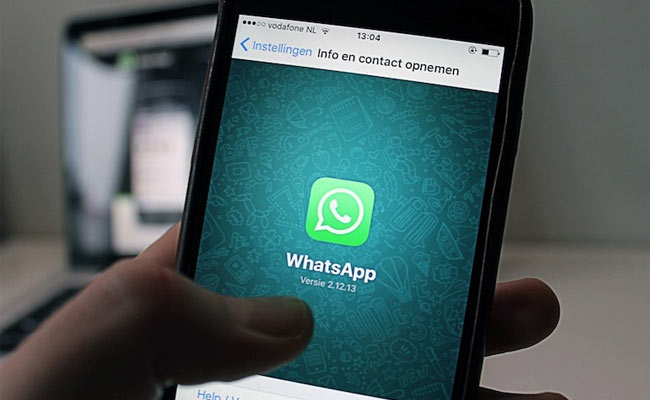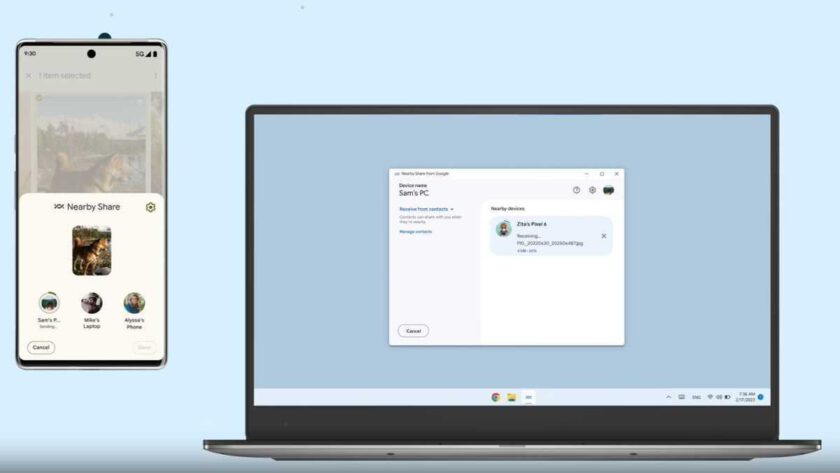It is easier for a WhatsApp user in diaspora to audio or video call or chat with his or her counterpart in Africa who has the same application than traditional telephone calls and text messages.
The situation is the same for people who use Skype, Facebook Messenger, Viber and WeChat, to mention a few.
But at the moment, the number of smartphone holders is very small in many developing countries especially in Africa. For instance, the number of smartphone holders in Rwanda is below 1.2 million.
This challenges service providers to provide solutions that benefit the majority of people who use feature phones, phones that do not allow use of popular internet services.
Deodate Mugenzi, 26, thinks that there is always another way of innovating and developing solutions that best suit people’s needs and circumstances. He is a young and budding passionate technology entrepreneur.
Mugenzi believes that Rwandans and Africans in general must communicate with their fellow Africans wherever they can be without difficulty. It is this that drove him to develop a prototype that will enable Africans in the diaspora to call their counterparts back home.
The computer system allows users of popular internet application, WhatsApp to directly call mobile phone numbers. Today, only WhatsApp users can call WhatsApp users.
For one to be able to use the system, Mugenzi has to register the numbers of both the caller and the receiver on WhatsApp. In other words, he uses WhatsApp as a platform to connect two people.
“The problem is that many people here in Rwanda and other parts of Africa cannot afford to own smartphones that enable them to use all these internet enabled services. To address this, people ought to use services that allow them communicate using any platform that is available to them,” he says.
The young entrepreneur says the prototype was developed out of his passion for science and technology, as well as the need to solve existing problems that most people face in Rwanda.
“I used to have a friend who would always call using WhatsApp and he would request me to take the phone to his parents back in the Eastern Province so that he would talk to them. This is because calling them straight on telephone numbers was expensive,” he narrates.
Mugenzi looked at the whole situation and thought of what can be done to be able to solve such a problem. “I felt really bad about the entire situation, and as an IT student, I did some research and started prototyping using the knowledge I had acquired from school and books,” he notes, adding that most of the skills used were acquired from a single physics book.
The third year University student remembers spending countless hours in the American embassy Library trying to connect the networking skills, mobile communication and other skills he had gotten from school to try come up with a solution he thought would help many people.
Mugenzi attributes the system he developed to the skills and knowledge he obtained both from school and the physics book he had read by then. The whole story started back in 2017, but the outcome could be a life-changing solution.
He says that the system was developed out of the optical physics concept, combined with networking and mobile communication skills. It is a prototype that he believes would benefit both the consumers and services providers.
“The idea actually began as a joke, trying to play around with my computer,” he says.
“But as time went on, I started realising that something big could be developed. This is when the journey to apply what I had studied started. I spent so many hours in the library and physics was my helping hand, and a computer was my night sleep,” he adds.
The Information and Communication Technology Student at Integrated Polytechnic Regional Centre (IPRC-Kigali) could not rest until something he had committed to accomplish could be achieved. Today, he is able to connect people from Brussels, Rome, Boston, among others, to call back home.
But his system is in a nascent stage. While people from Toronto, Japan, Belgium, France, and Italy can be able to call back home straight to their friends’ and families’ telephone numbers, the system cannot allow multiple calls to happen at the same time.
“The system at the moment cannot support more than one call at the same time. This means one person can call home and after his call, another one can call again. It is a system that is under construction,” he says.
READ MORE ON>>allafrica.com




